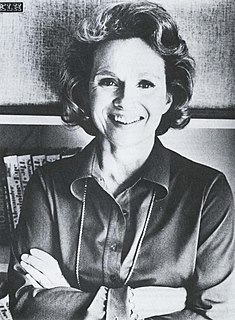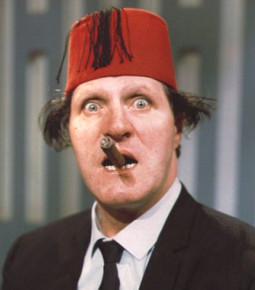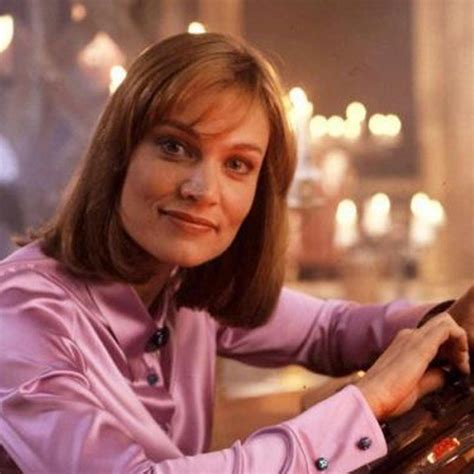A Quote by Neil Gaiman
Doctor Who has never pretended to be hard science fiction... At best Doctor Who is a fairytale, with fairytale logic about this wonderful man in this big blue box who at the beginning of every story lands somewhere where there is a problem...
Related Quotes
The problem with my mother is that she didn't go to the doctor. And I think by the time she started to show symptoms that something might not be right, and finally went to the doctor, she was so close to her death that she couldn't get the care she had needed. Her big issue was not going to the doctor.
The real origin of science fiction lay in the seventeeth-century novels of exploration in fabulous lands. Therefore Jules Verne's story of travel to the moon is not science fiction because they go by rocket but because of where they go. It would be as much science fiction if they went by rubber band.


































